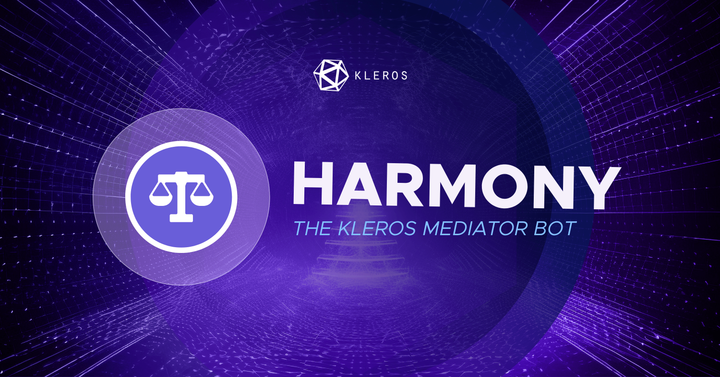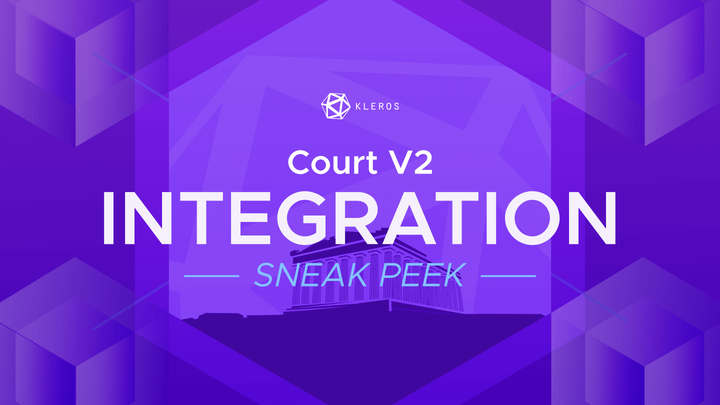Dapps. Development. Design. Research. Kleros Community Update #3
Community Update #3 from the Kleros team. A huge list of all the things we're currently developing. Including, Dapps, UX upgrade, Research and us in the media.
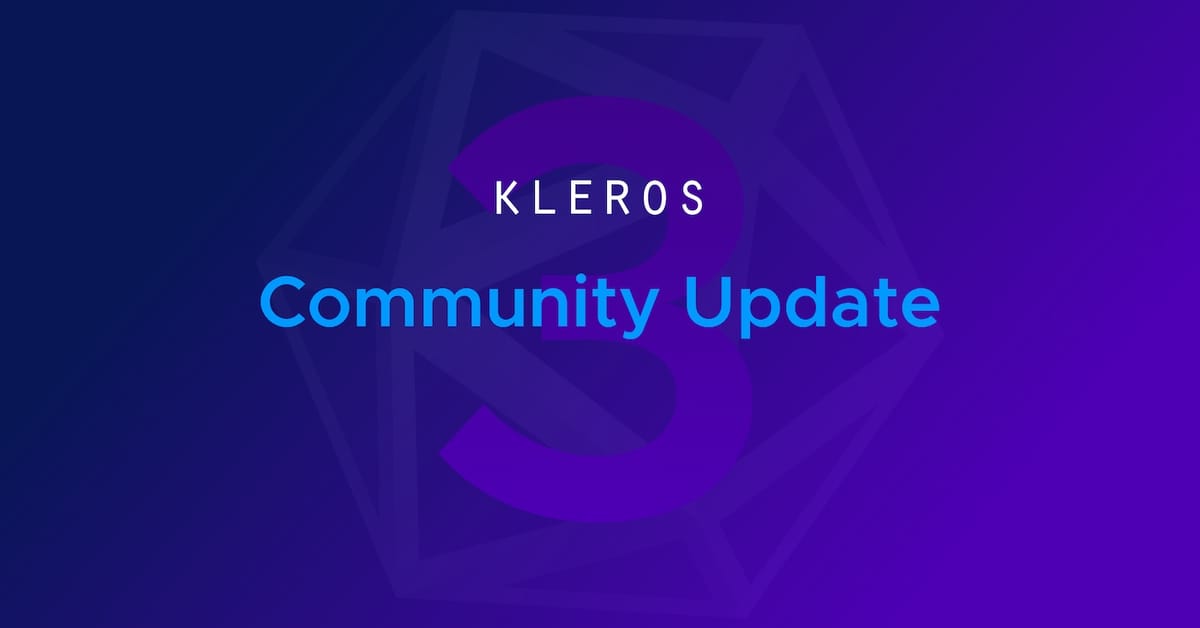
We've been hard at work bringing the justice revolution to the world...
The Kleros team has been very active in the months since our last update. Our curated list experiment - Doges on Trial has gained a lot of traction, we made huge progress in building the next version of Kleros, called Athena. In that time we kicked off our new blog, presented at some of the largest and most important conferences in the space and launched our Fellowship of Justice program which attracted top talent to do research about Kleros.
Without further ado, let's dig in.
Doges on Trial Grand Finale
On July 31, just two weeks after our token sale, we launched our first experiment on the Ethereum mainnet to test the cryptoeconomic model that Kleros is built upon.
The goal was to see whether Kleros is able to generate the right incentives for jurors to rule cases honestly, as well as testing the resilience of the platform to attacks by malicious agents. Doges on Trial was based on Kleros' curated list use case, which is a dispute resolution model for listing items in a decentralized way. One example of this kind of a model is an e-commerce platform wanting to curate the legitimate items to be offered in a decentralized way (for more information on how Kleros works for curated lists, read this article).
The experiment was a great success.
We've had over 1000 unique Doge memes posted, as well as several large scale attacks, all of which were disrupted by jurors. To learn more, feel free to read this explainer article and this piece published on CoinDesk.
Interested to see the results and findings of the experiment? Check this three part series about user behaviour written by our cryptoeconomic researcher William George (part one, part two and part three). This is some great research which brings to light the details of human responses to real-life cryptoeconomic incentives.
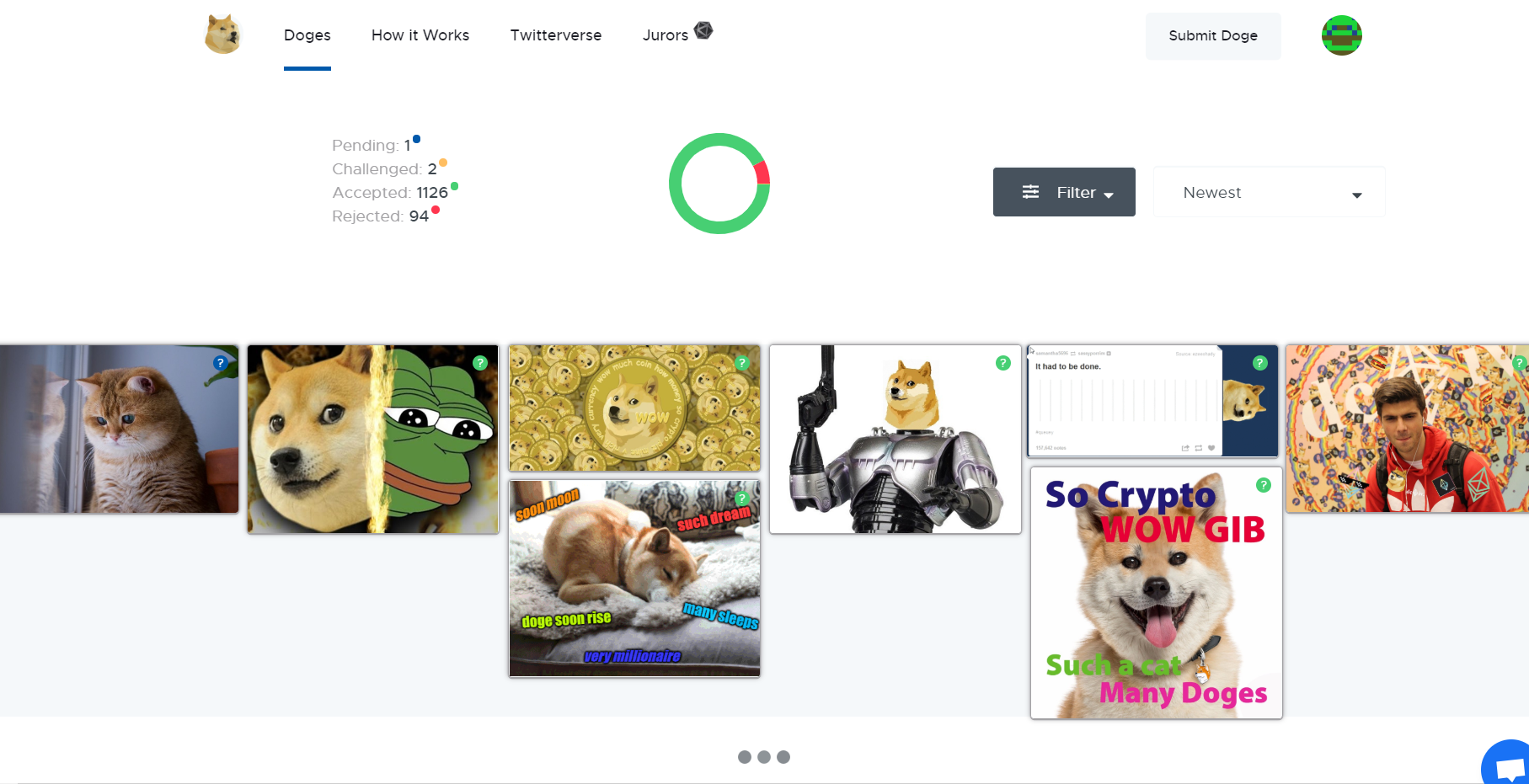
BUIDLing the Future of Justice
The development team has been up to a lot since our last update. The breakdown is into three main pieces - we've made significant progress towards Kleros' Athena release, we've been developing new product applications and we've been contributing to the broader ecosystem through the development of standards.
Athena Release
Named after the Greek goddess of wisdom, the Athena release brings several improvements in performance, design and user experience, based on two guiding principles: 1) user friendliness and 2) ease of integration.
- User Friendliness
Driving user adoption is notably one of the main challenges in the blockchain industry. In order to achieve this, DApps need to make significant progress in enhancing the user experience. Athena was designed to be as similar as possible to traditional web applications, without sacrificing decentralization and trustlessness.
A key new feature is the integration with the Uniswap exchange protocol. This will greatly improve juror experience by helping them swap ETH and other tokens for PNK seamlessly without ever leaving the juror interface. The Athena release will also allow for the direct transfer of fiat to PNK, giving jurors yet more options to purchase our native token.
- Ease of Integration
Kleros' vision is to develop an arbitration ecosystem on top of which many different applications will be built. Athena is a step in this direction, as it seeks to make third party app integration into Kleros' protocol as easy and straightforward as possible. Enrique Piqueras wrote about this at length in his great explainer piece for future partners, answering questions on how products can be integrated with Kleros.
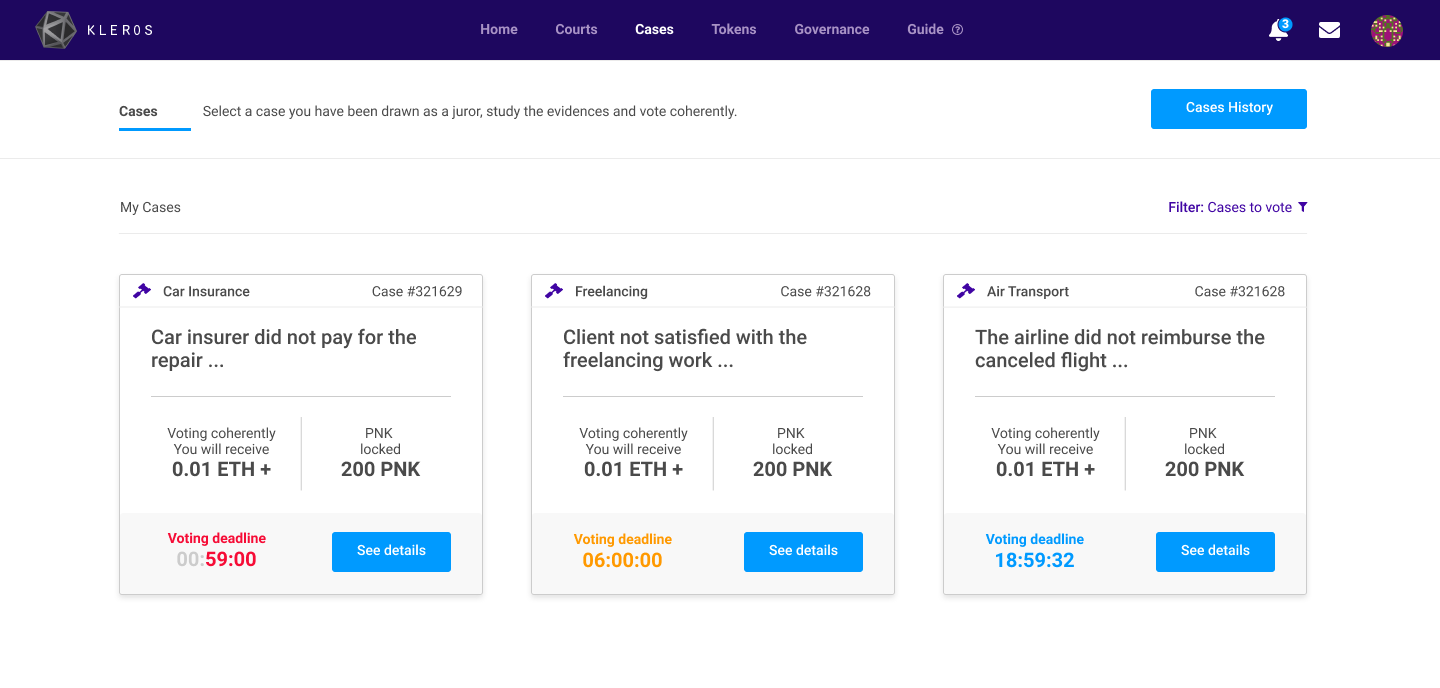
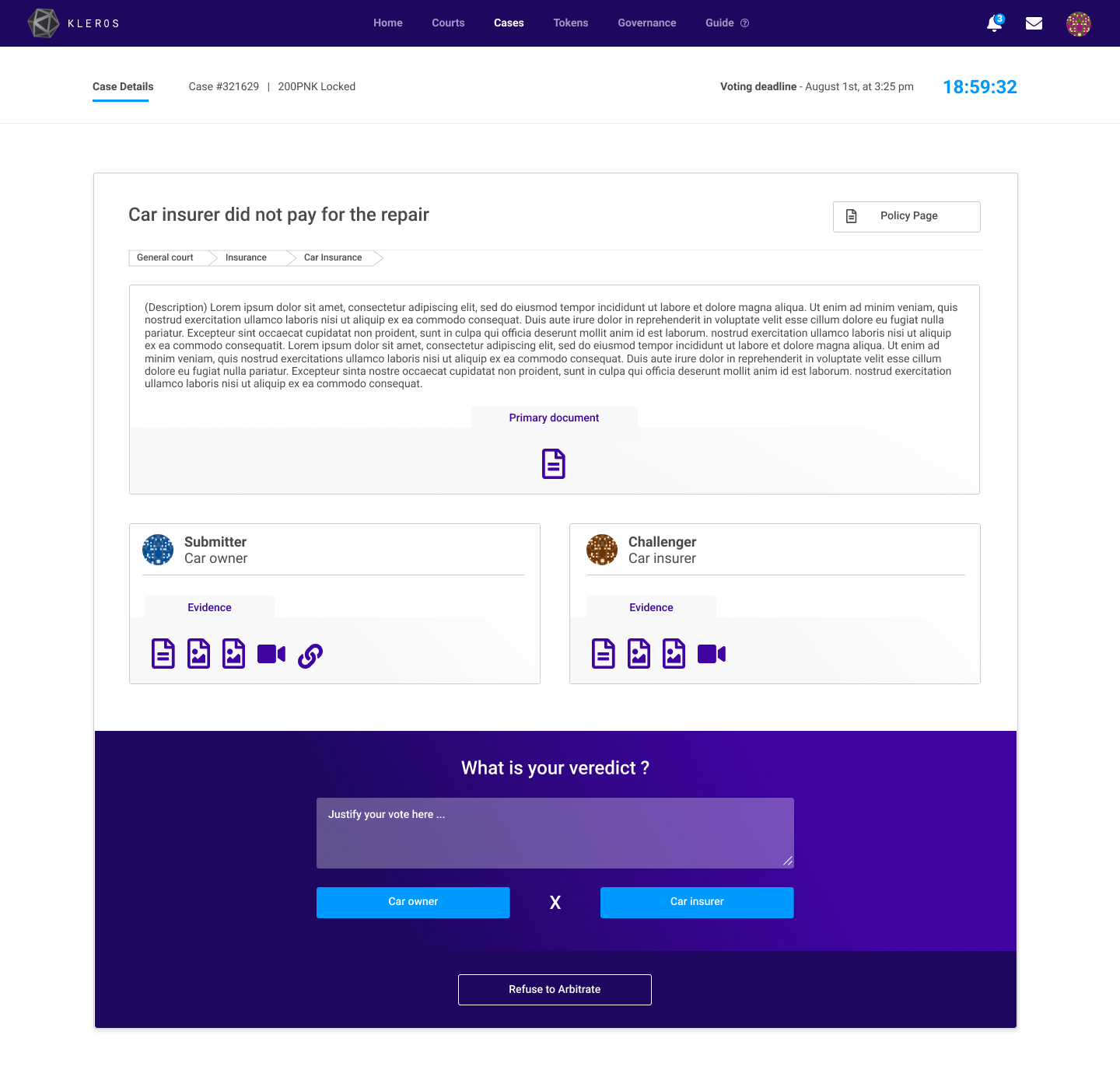
New Applications
In the last months, we also worked on the development of new applications which will contribute to new use cases: 1) a centralized arbitrator UI, 2) a token curated registry for ERC 20 tokens and 3) a general escrow service.
- Centralized Arbitrator
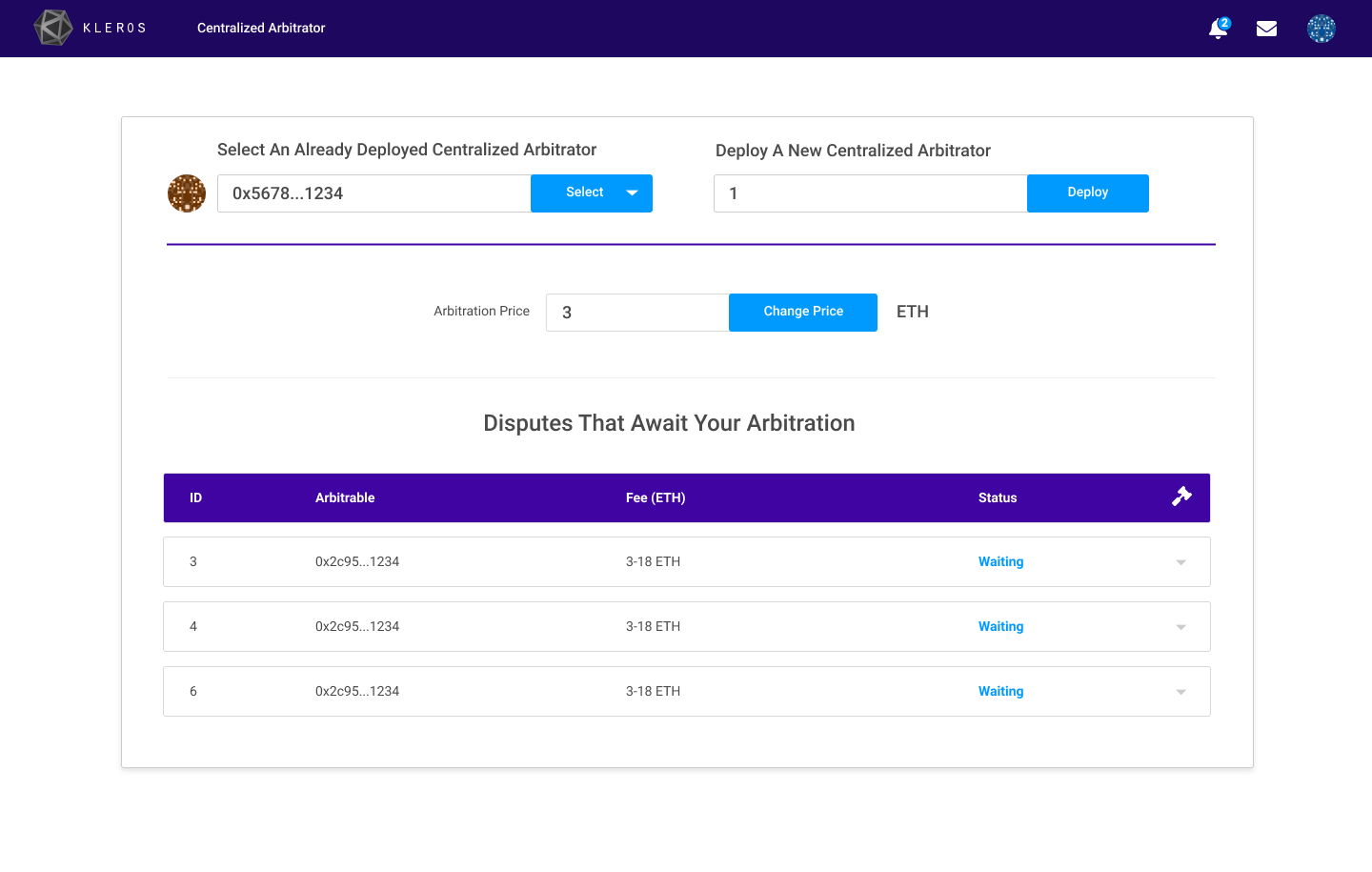
The centralized arbitrator is an arbitrator controlled by a single account that rules directly. This can be used to test arbitrable contracts, or in set ups where off chain software computes the ruling and needs to bring it on-chain, or when a platform (e.g., a crypto e-commerce or exchange platform) needs to be able to overrule the enforcement of Kleros' decisions.
- Token Curated Registry for ERC 20 Tokens
Devs have also been working on a token curated registry for ERC 20 tokens. Based on the cryptoeconomic principles already tested in the Doges on Trial pilot, this will greatly improve the token listing process in decentralized exchanges.
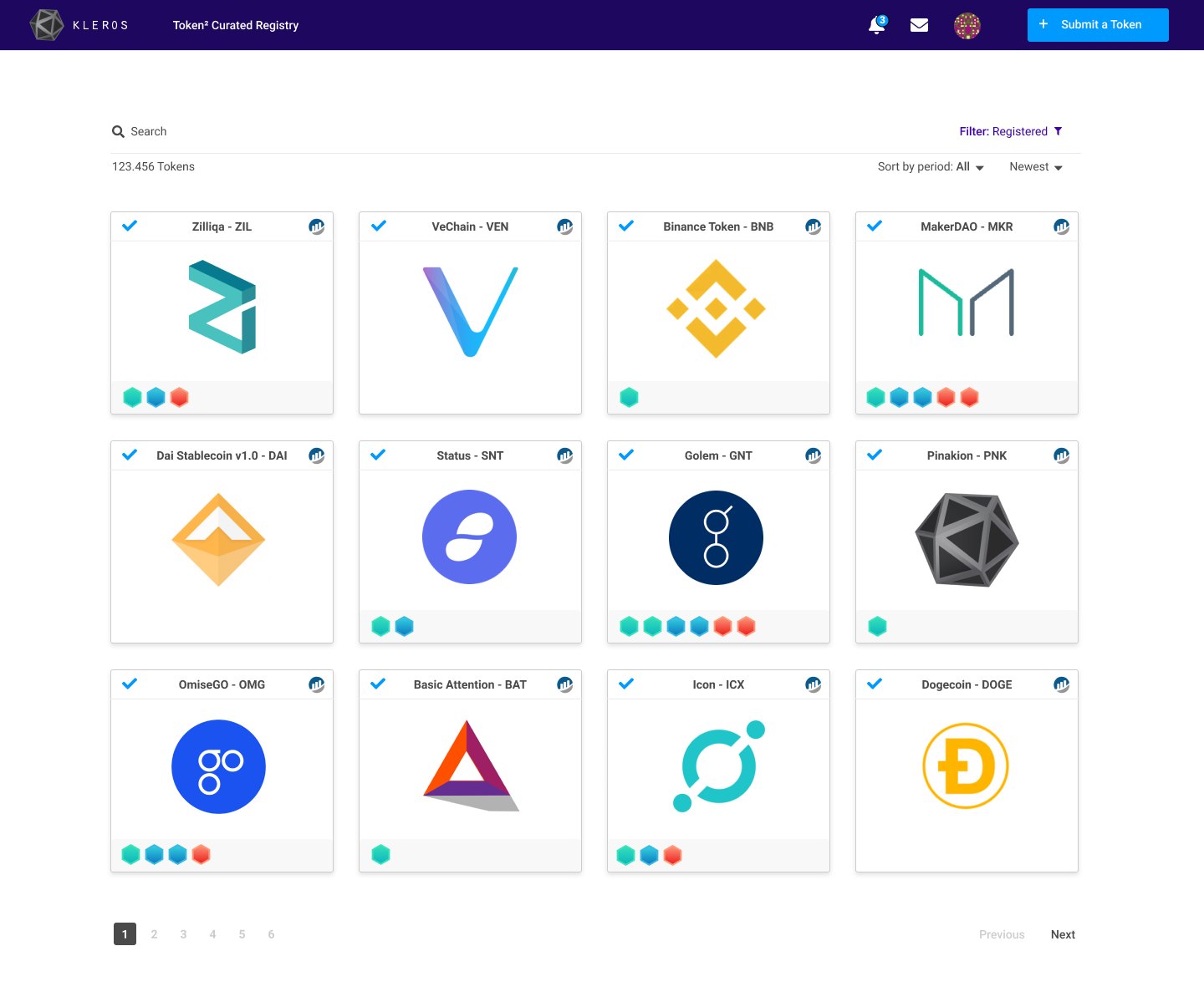
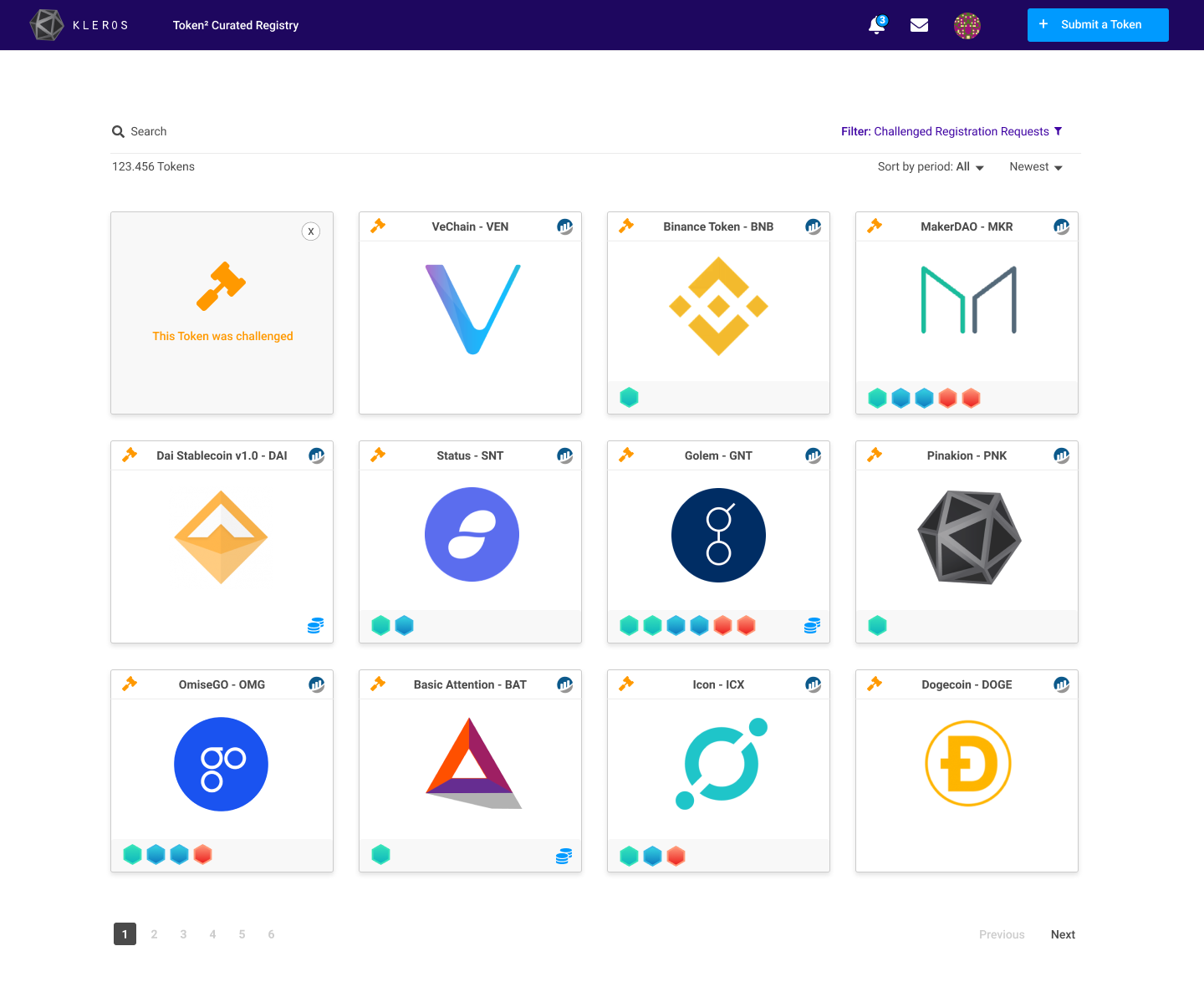
- A General Escrow Service
The team has also been actively working on a General Escrow Service. This is a website where users will be able to make agreements for trading different goods and services and having Kleros as arbitrator.
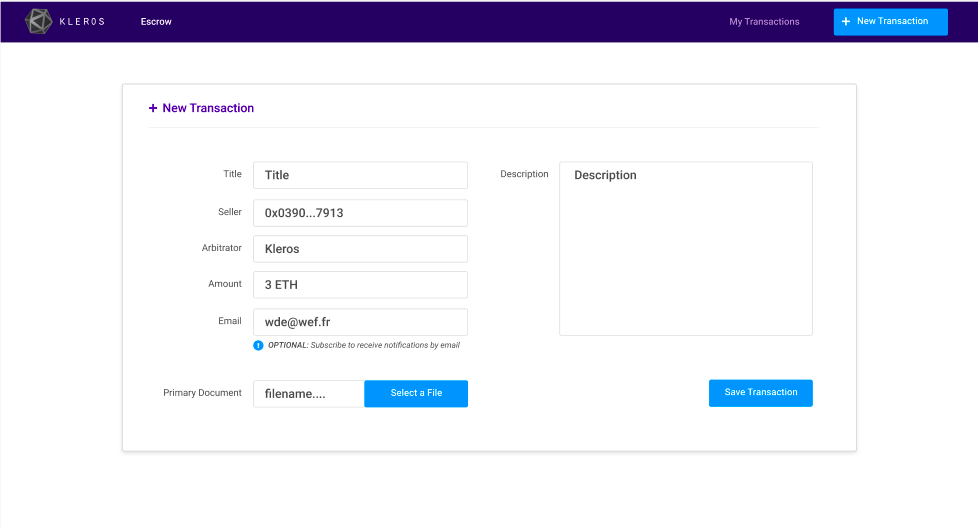
Arbitration Standards ERC 792 and ERC 1497
Besides the development of the Kleros' protocol, in the past months we also made a contribution to the shared infrastructure of the broader decentralized arbitration ecosystem.
In December 2017, we had proposed the ERC 792 smart contract standard for allowing a plug-in/plug-out mechanism for arbitrable contracts (learn more in this explainer video by Enrique). Now we also proposed the ERC 1497 evidence standard that seeks to homogenize how evidence and information is managed within decentralized arbitration. We look forward to contributions by other actors in the ecosystem!
Kleros Research
Kleros Research, led by the great William George, has focused on studying post-dispute insurance, price oracles and analyzing the results of our Doges on Trial pilot.
Improving Post Dispute Insurance
Kleros is developing a mechanism of post dispute insurance which allows agents to provide funding for the losing party to appeal a ruling. This is intended to avoid "bank attacks" where deep pocket agents take advantage of the lack of resources of a losing party to appeal an unfair ruling.
We have researched how to structure the growth of appeal fees in a way that encourages participation from insurers. In particular, we are interested in allowing for crowdsourced insurance where users can adopt some portion of a user’s appeal fees in exchange for the chance to win a corresponding part of a stake placed by the party on the other side of that dispute.
Under certain assumptions regarding the existence of rational insurers, we have been able to prove guarantees about the resistance of the system to bank attacks.
Price Oracles
We have adapted our previous work on price oracles to a version where Kleros disputes required by the oracle run in parallel. This allows the oracle to execute faster with less potential for time griefs. This is relevant to applications that are sensitive to the time required to get the value produced by the oracle on-chain.
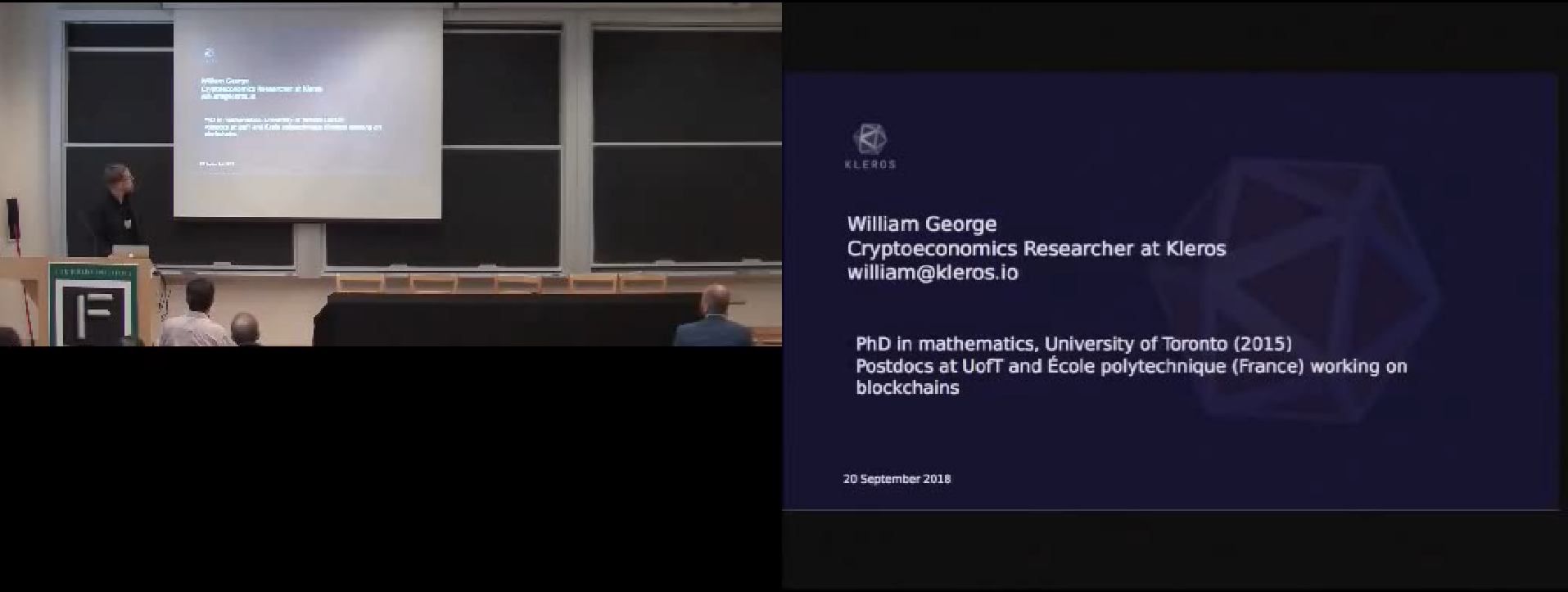
Fellowship of Justice
After analyzing several dozen applications, we have selected the participants that will take part in the first generation of the Kleros Fellowship of Justice Program. This program was created to foster research on different topics relevant to Kleros from the perspective of computer science, cryptoeconomics, law and business.
Accepted participants include researchers from Stanford, J.P. Morgan, London School of Economics and the University of Leicester. We will soon publish a post to introduce them to the community.
Spreading the Word
Kleros deals with ground-breaking, experimental tech. A key part of our job is to communicate our work to the wider expert community and discuss all aspects of future research and implementation. Here are some of the highlights of the past couple of months:
- We've chatted with the creator of eBay's and PayPal's dispute resolution systems, Colin Rule about Kleros and the future of dispute resolution.
- We sat down with one of the foremost experts on ODR, Dr. Daniel Dimov, to answer a fundamental question: is Kleros a fair dispute resolution system?
- In order to delve further into how Kleros will look in its final form, community member Marco Mauer helped us formulate the vision of the fundamental policies of Kleros' courts.
- I wrote this piece on the Thomson Reuters blog on how blockchain can reinvent justice systems.
Members of the team have also been around the world participating in podcasts and conferences in Colombia, Uruguay, Israel, Dominican Republic, the US, Switzerland and Czech Republic among many others.
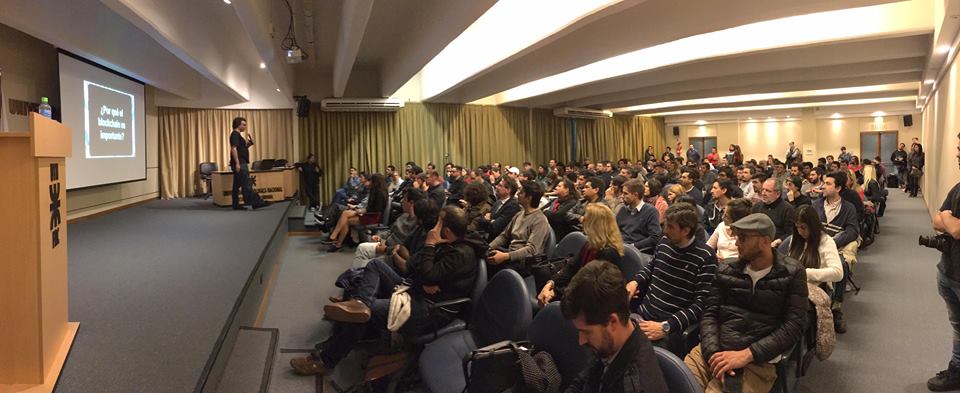
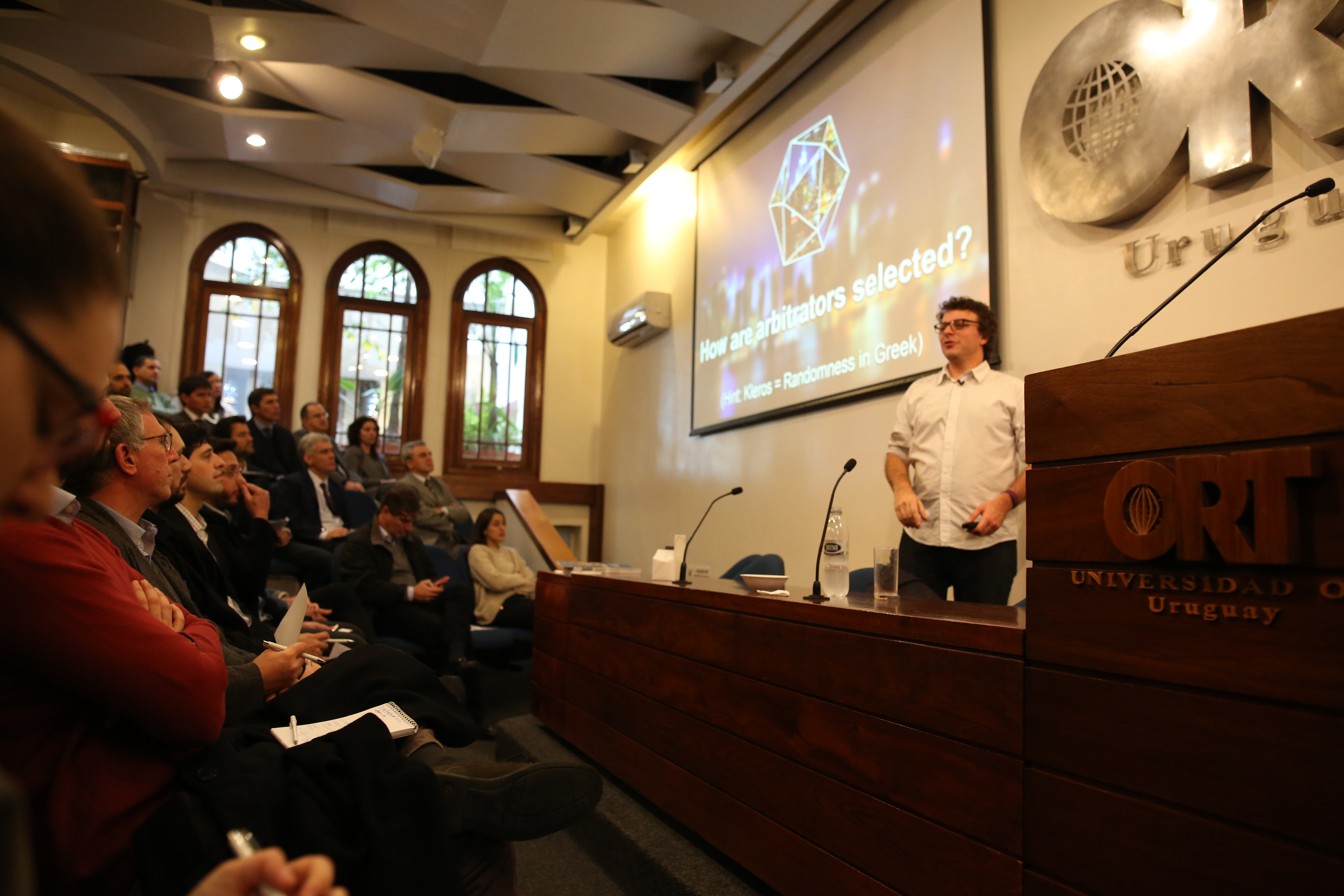
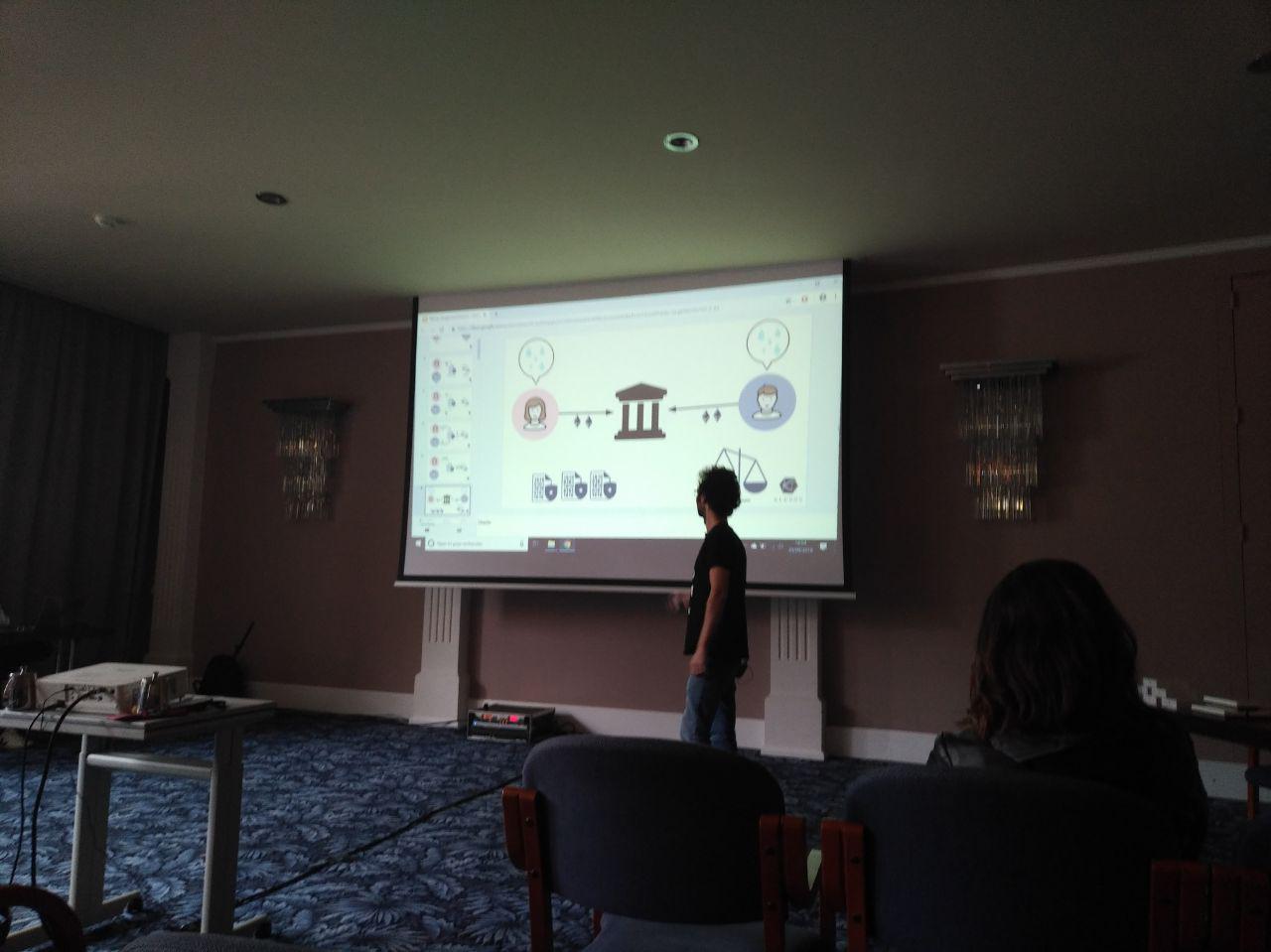
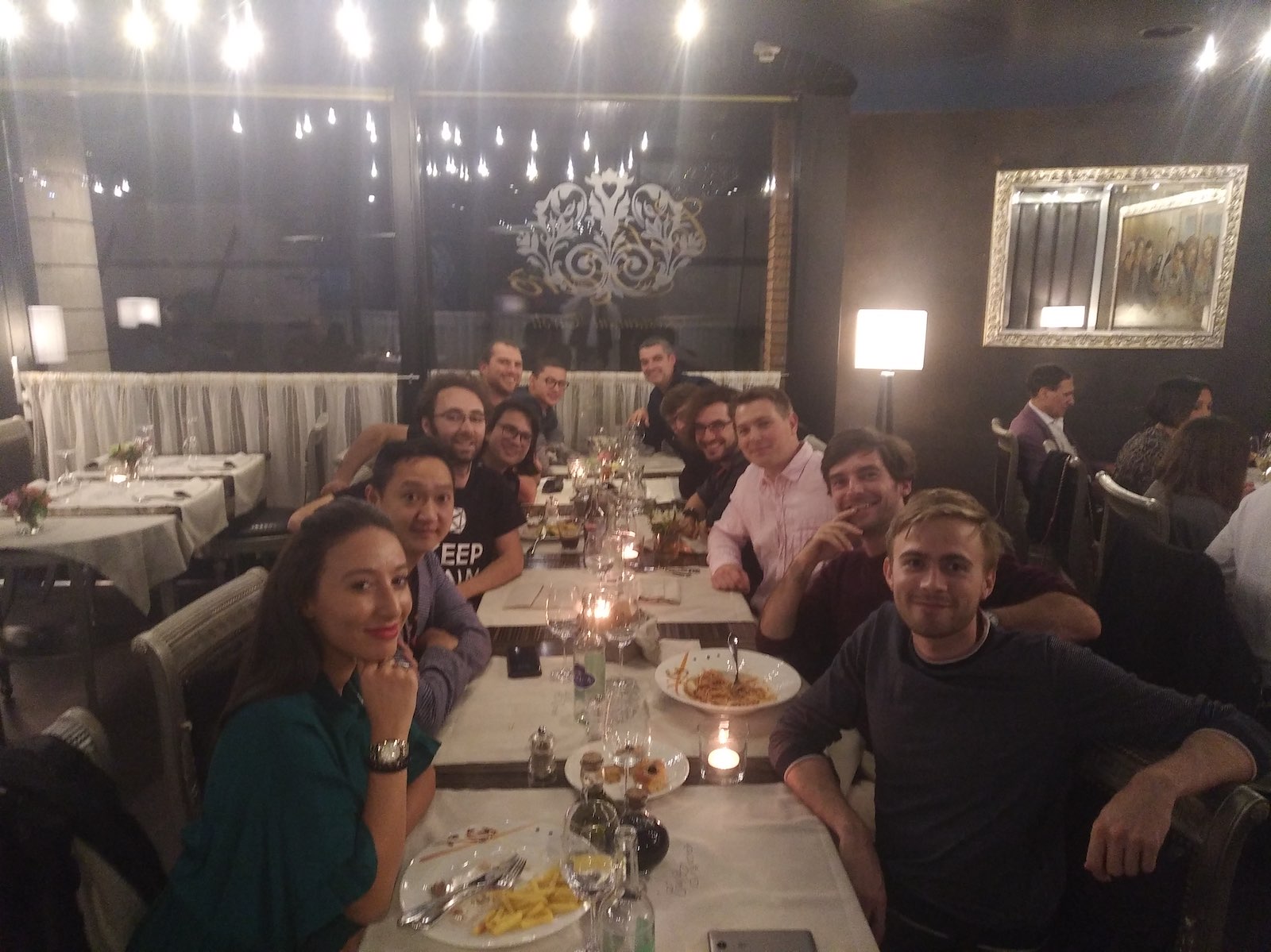
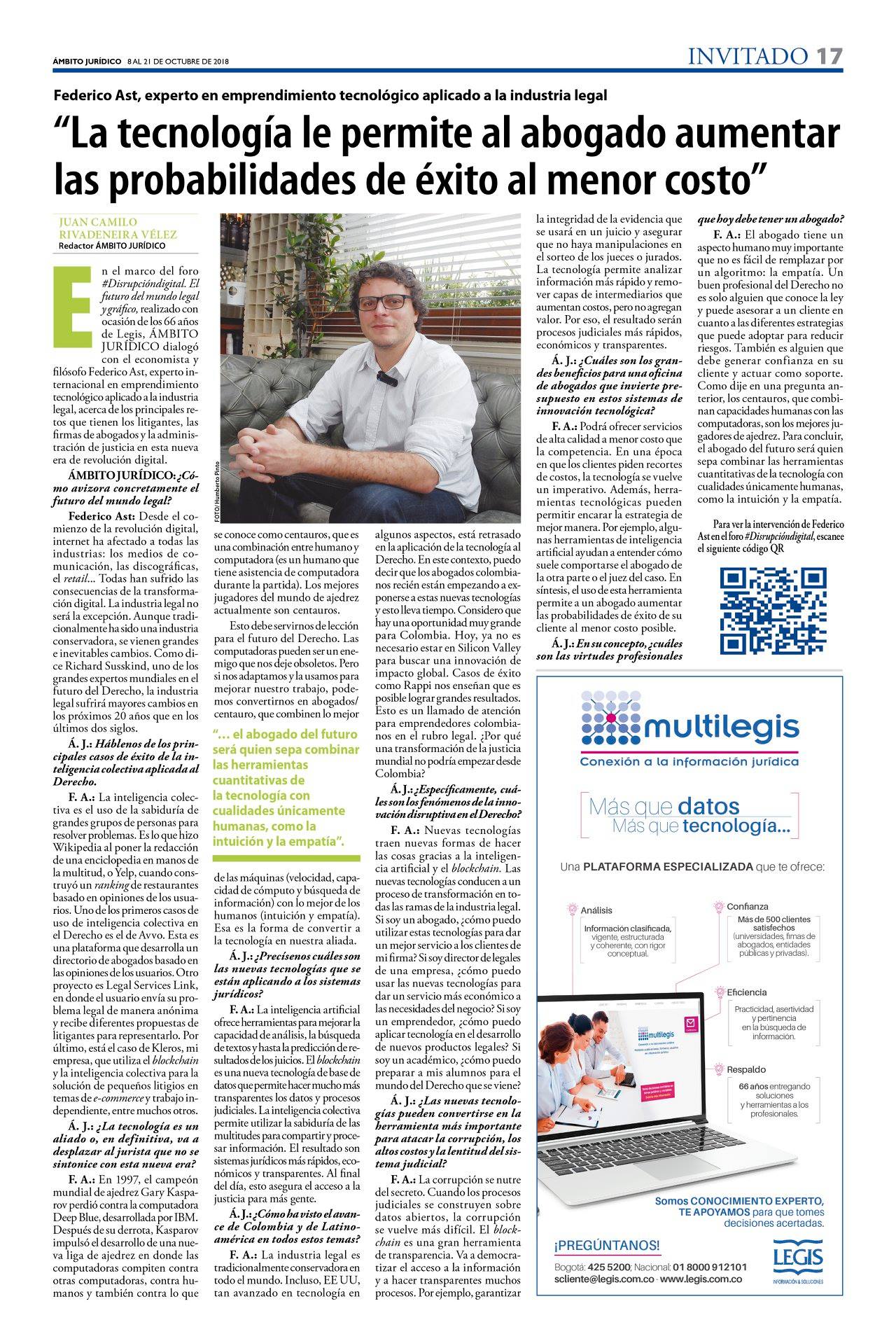
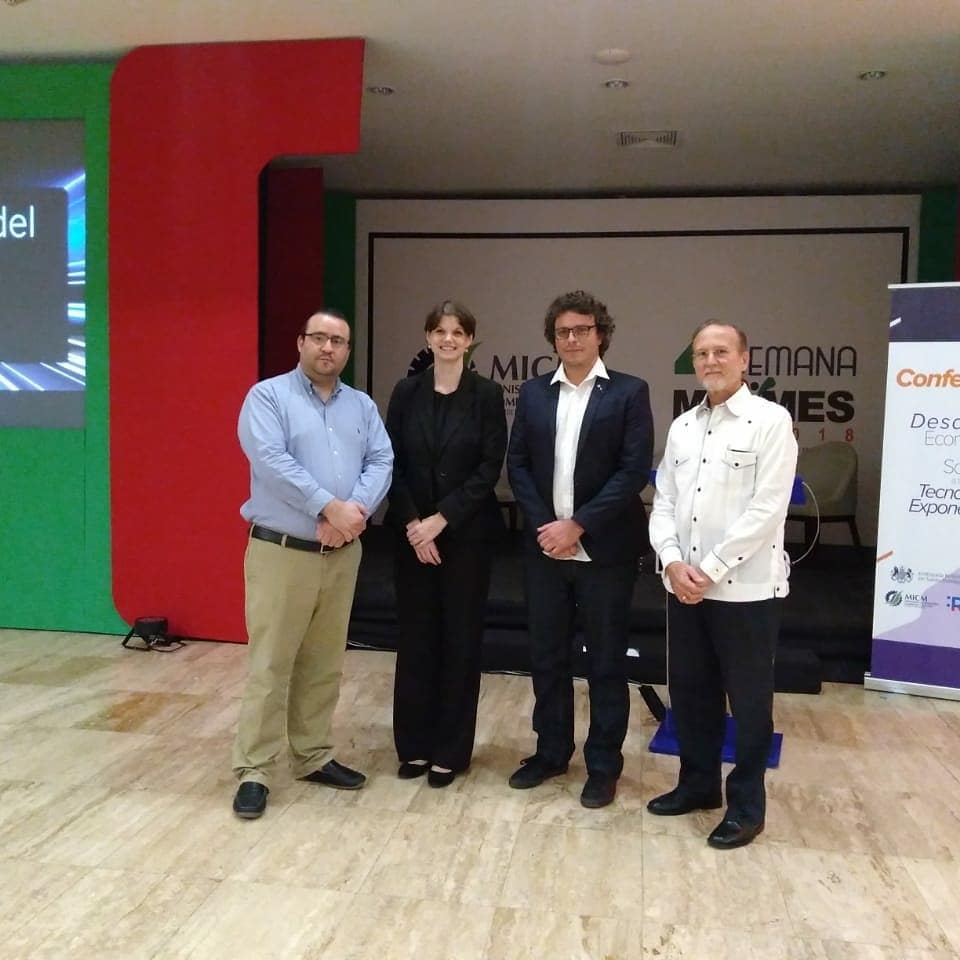
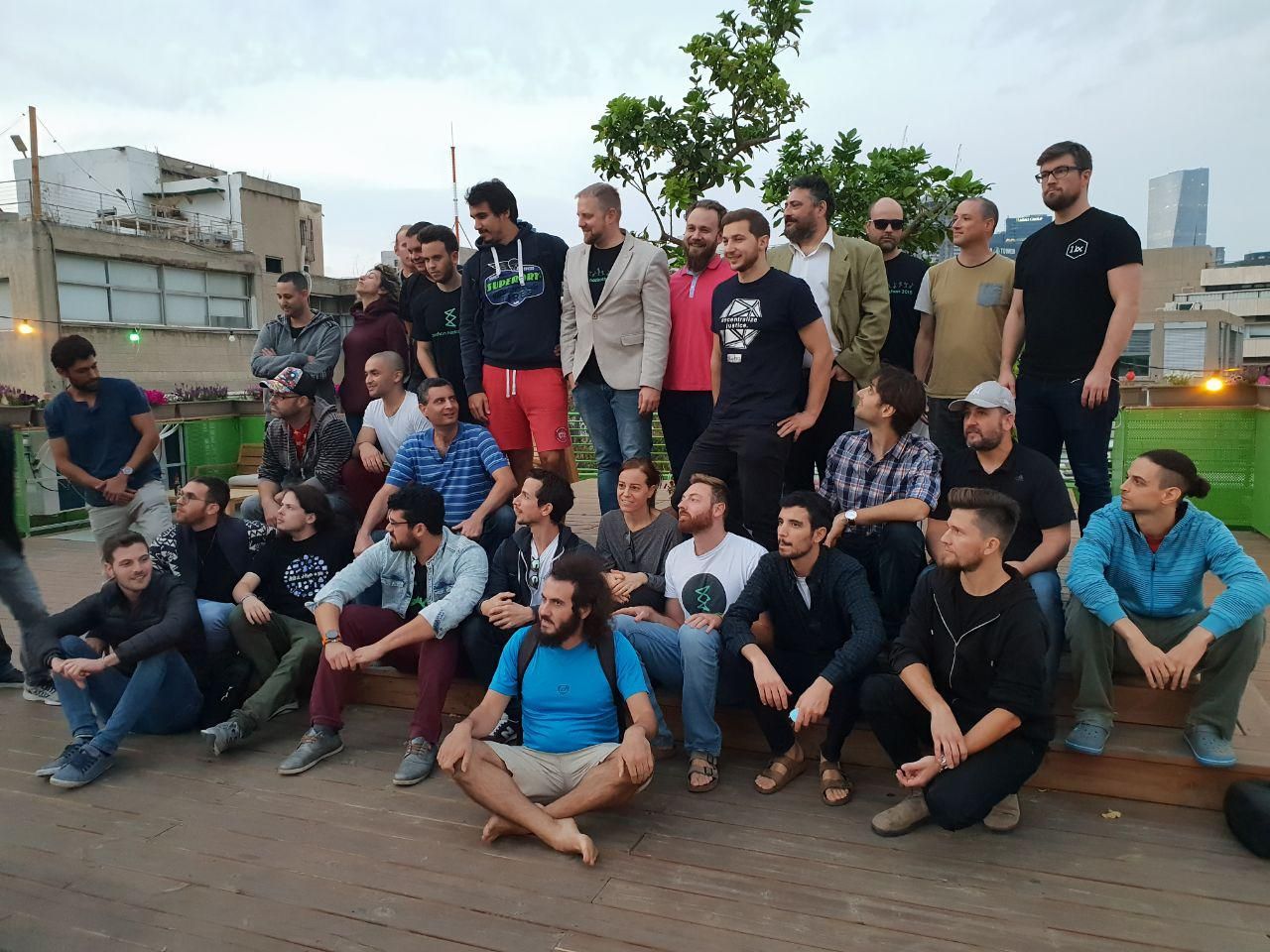
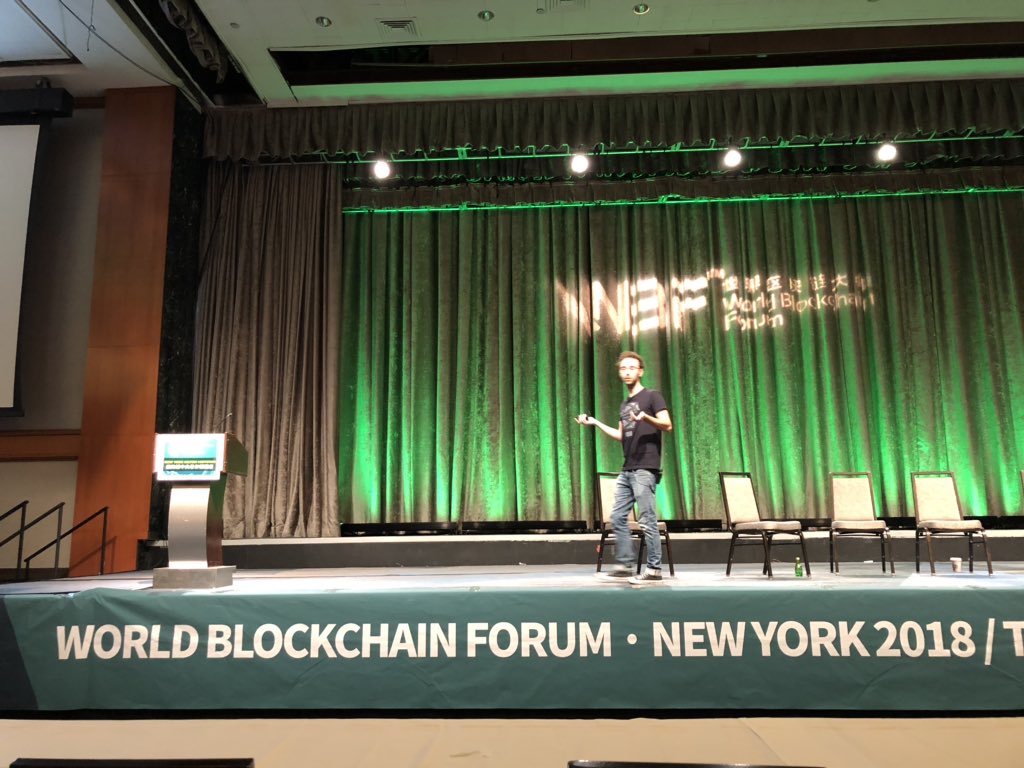
Kleros at Devcon4

At the beginning of November, most of the Ethereum universe converged on the Golden City of Prague for the largest event of the year - Devcon. Our team gathered from all corners of the globe to discuss and work on the ecosystem as a whole.
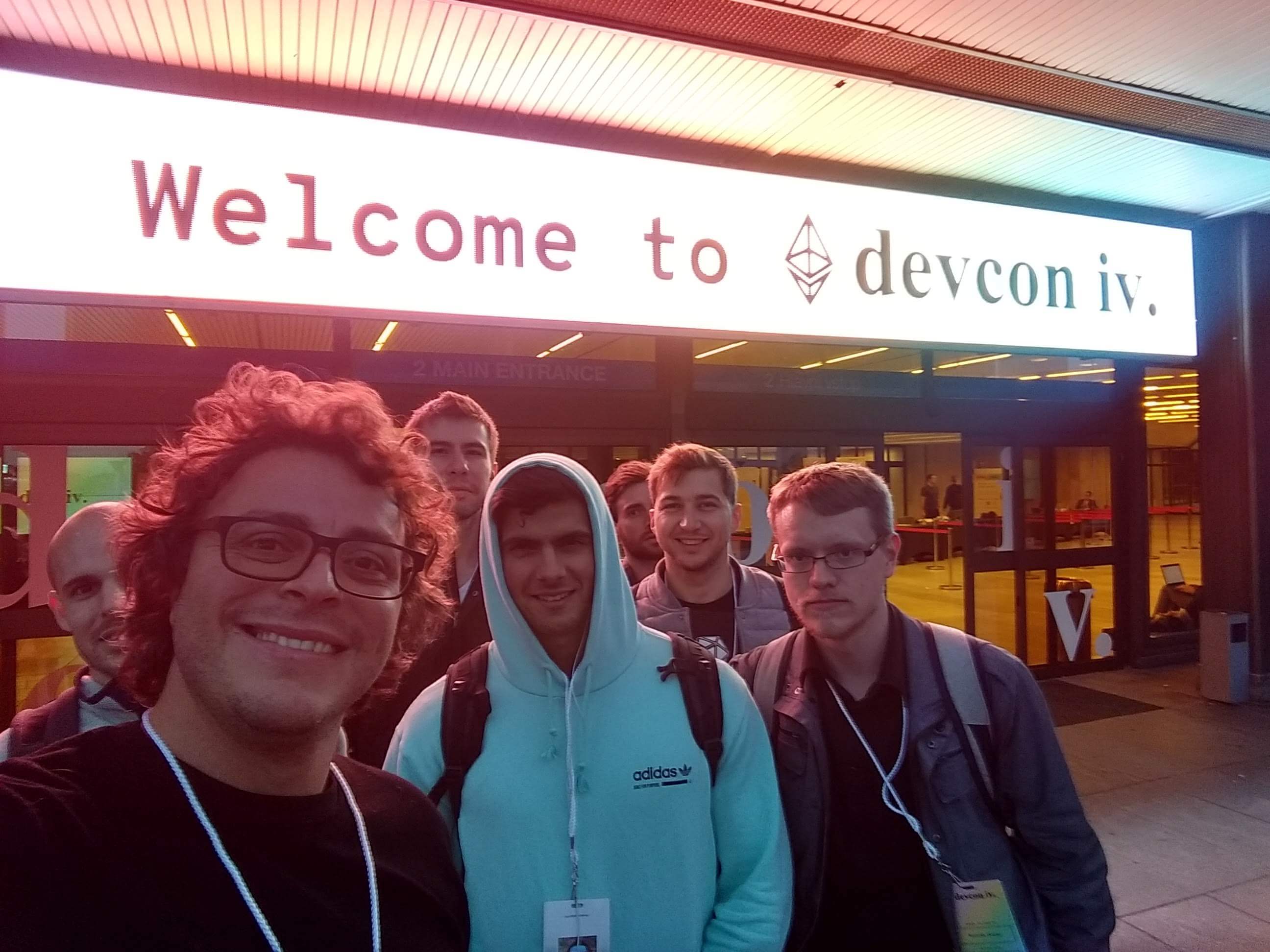
During the time there, Kleros was listed on Bitfinex and Ethfinex...
@Kleros_io PNK is now on @bitfinex and @ethfinex! The justice revolution makes great strides. Rejoice! https://t.co/s96irCbDYw
— Kleros (@Kleros_io) November 1, 2018
...we organized a small meetup on the fringes of the conference...
#comfy pic.twitter.com/vrJh2NQdjg
— Kleros (@Kleros_io) November 1, 2018
...and met many high level members of the ecosystem to discuss the future of governance.
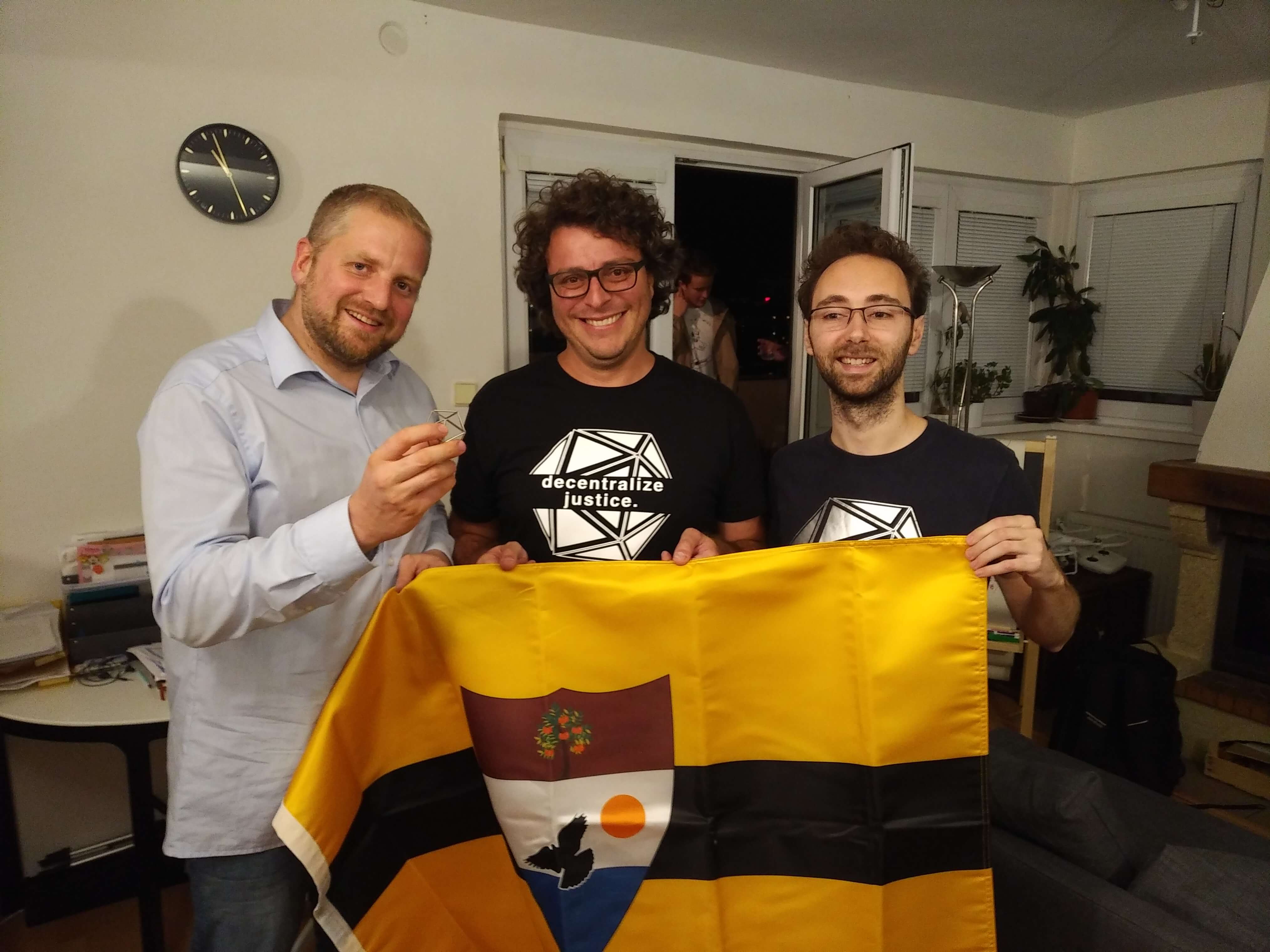
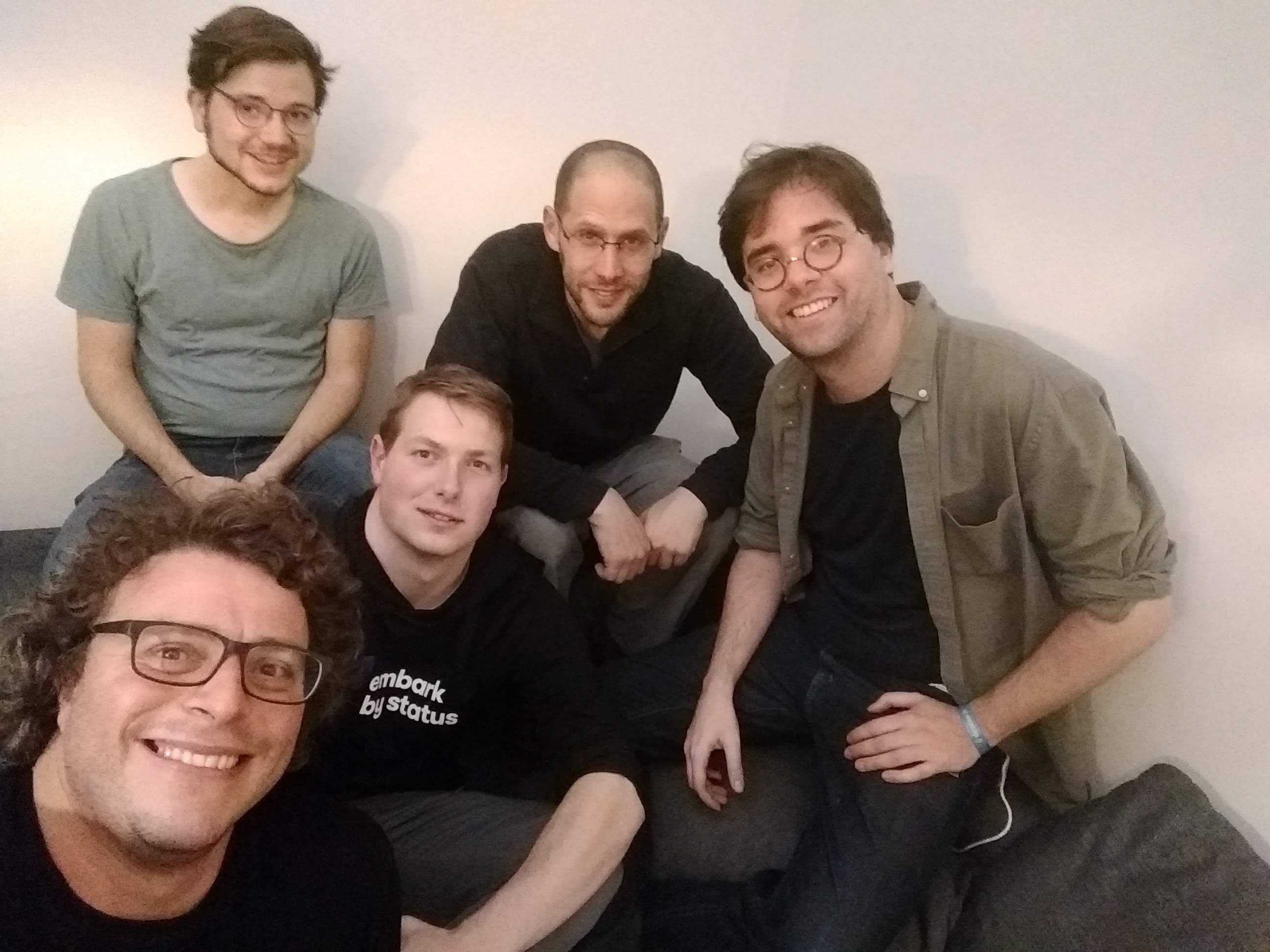
For the entire rundown of the event from our eyes, take a look at Stuart's post on Devcon here.
As you can see, Kleros has been hard at work bringing the justice revolution to the world. We are very open to having more people join our discussion and our cooperative, if you are interested - feel free to check out this article to find out how YOU can become part of us!

Become a Juror
You can always sign up to become a juror adding your email to a mailing list. Use of our juror platform is fully decentralized of course but this lets us get in touch to notify of any pilots or real Dapp's ready for you to arbitrate on.

Join Kleros!
Join the community chat on Telegram.
Visit our website.
Follow us on Twitter.
Join our Slack for developer conversations.
Contribute on Github.



